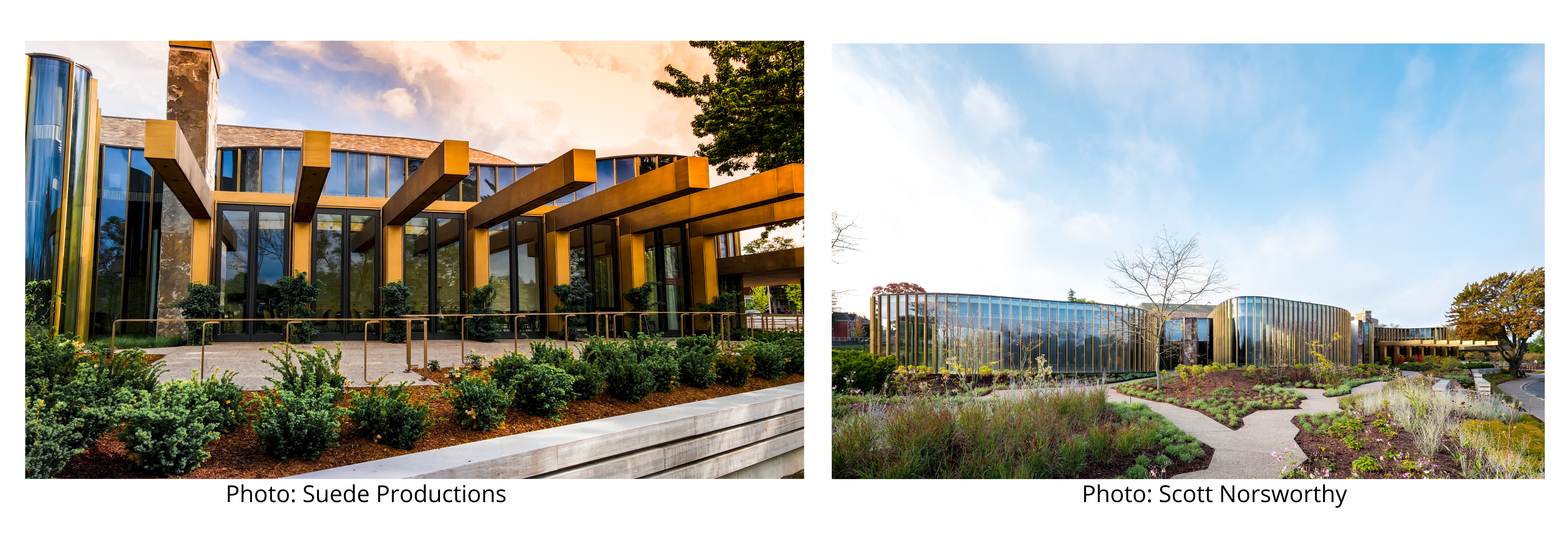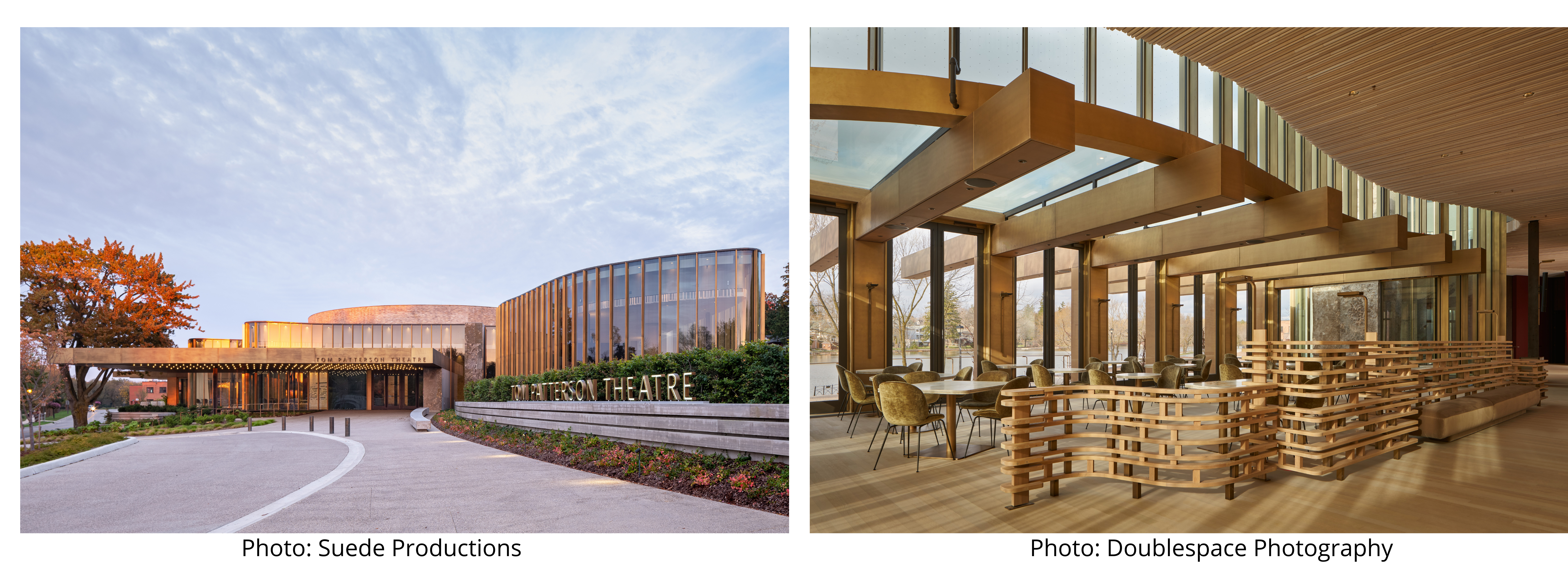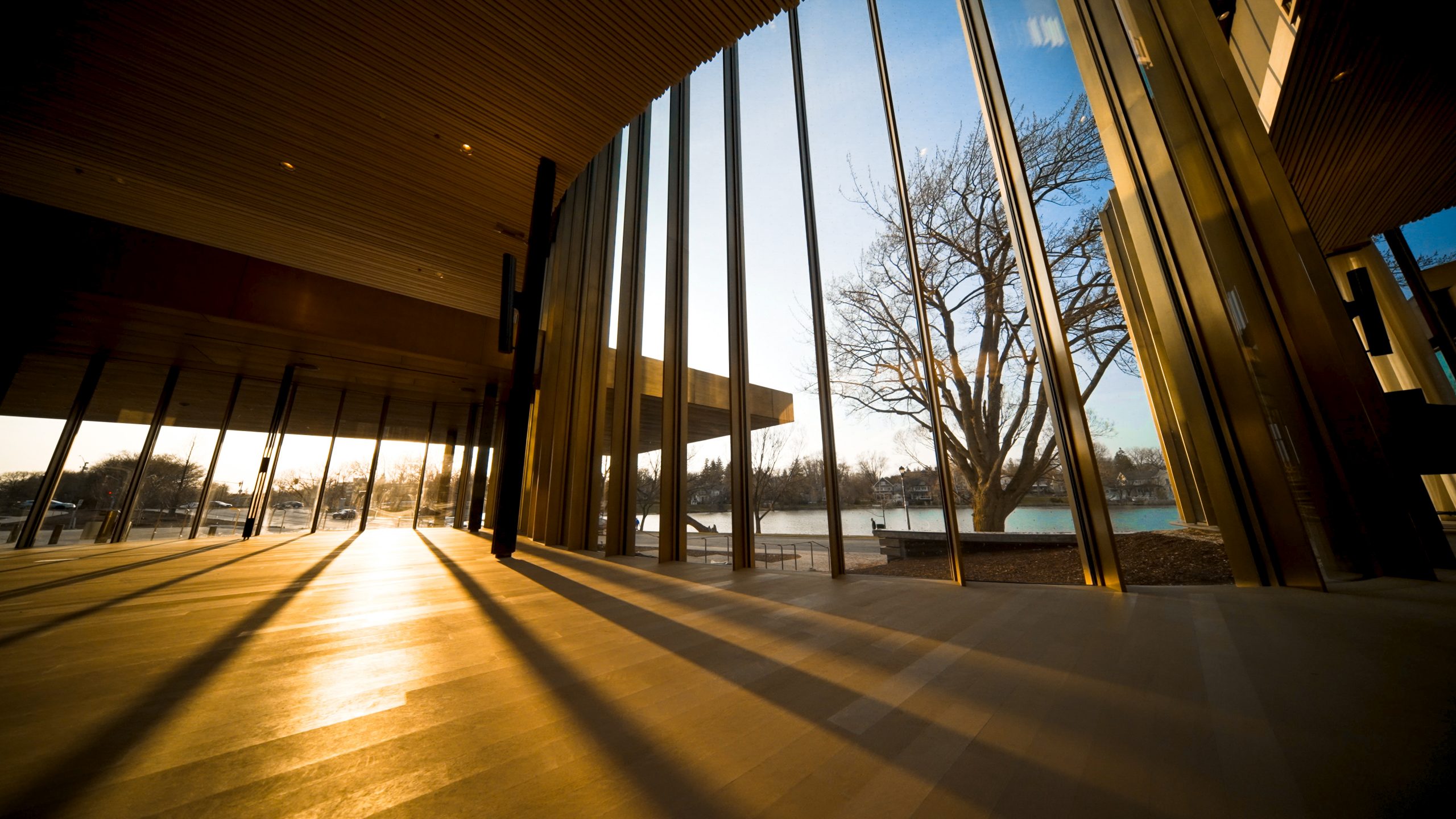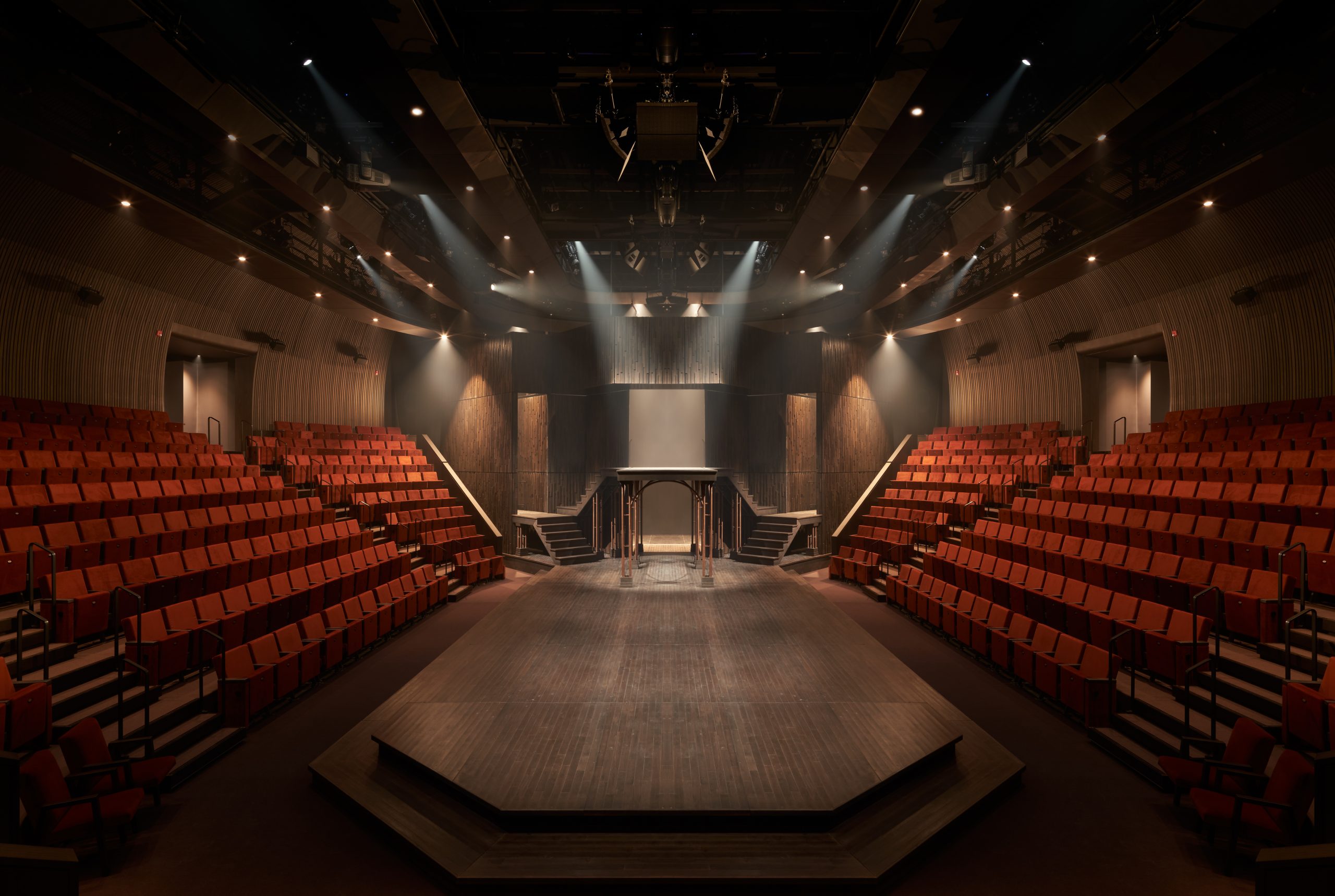This training series is designed to support arts managers in building the core skills necessary to support capital projects and ongoing operations in creative spaces. Delivered by topic experts working in the sector, each module focuses on a topic area identified as the most integral to capital projects by ABO’s network of 2,500+ arts organizations. The Creative Spaces Online Training Series was originally delivered from November 14, 2019 to January 23, 2020.
Pricing
Buy all four modules now for $100+ HST. Individual module recordings are available below.
The training series includes four modules on the following topics:
- Strategic Planning and Partnerships
- Financial Management and Capital Projects
- Campaigns and Community Engagement
- Operational Planning Before, During, and After a Capital Project
Each Module comes with:
- A Recording of The Webinar
- A PDF of the Presentation
- A Transcription of the recording
- Any extra resources the presenter(s) provided to the attendees
These modules are designed for arts managers working within creative spaces under a variety of operating models and communities. If you are interested in purchasing recordings of the modules using a credit or debit card, they can be purchased instantly below with the “Buy Now” button. If you are interested in purchasing the recordings by cheque or direct deposit, please contact Amy Poole, Program Manager, at programs@artsbuildontario.ca.
Module #1: Strategic Planning and Partnerships
Presenter: Devin Glowinski, Co-Founder, Kilogram Studios
Length: 1 Hour 30 Minutes
Participants will be introduced to concepts that support individual core competencies and their organization’s efforts in planning for capital projects at their facilities. Frameworks for partnership development in local communities will also be explored.
Topics covered during the module will be:
- Reflection: identifying your organization’s key mandate
- Program goals and priorities of your facilities and determining what elements are missing
- Foundations for strategic planning, ideas, concepts and vision for your desired end state
- Establishing community partnerships to achieve collective impact
- Determining what is feasible through early iterations and schematic design
- Evaluating potential outcomes
- Developing a core project team and consultants
Presenter: Devin Glowinski

Devin Glowinski is a Toronto-based urban planner and co-founder of Kilogram Studio, a licensed architectural practice. He maintains his professional currency through teaching interdisciplinary courses at Ryerson University to both undergraduate learners and adult learners through the Chang School of Continuing Education. He is a subject matter expert at Ryerson University and is currently redeveloping the course, Community Collaborations. This course brings together students from a range of disciplines and tackles big urban issues through fieldwork and case study development. He excels at client engagement and working directly with end-users in order to develop person-focused programs. He lectures on community collaborative initiatives, stakeholder engagement, strategic planning, and community health. In 2012 he completed a community research project at the Laboratory of Contemporary Urban Design, Tel Aviv University. He looks forward to meeting and engaging with Arts Build Ontario members and partners.
Module #2: Financial Management and Capital Projects
Presenter: Brian Arnott, Principal, Novita Interpares
Length: 1 Hour 30 Minutes
This module will introduce you to the six stages of capital project management beginning with the roles to be played by your Board throughout the process, to the critical importance of early planning and cost control to working with your professional design team and specialists. You will learn what decisions your organization will need to make as the Owner of the capital project at each stage.
Presenter Brian Arnott:

Originally trained as a theatre designer, Brian has worked in professional theatre in Canada and the US as a production manager and company manager. He worked as an assistant designer for the National Theatre and the Royal Shakespeare Company in London. He has designed costumes, scenery, and lighting for more than 40 stage productions. He was the drama critic for That’s Showbusiness for four years and Maclean’s Magazine for one year.
Brian Arnott is widely recognized as a leading expert in North America on the design of theatres and facilities for live performance and is a member of the American Society of Theatre Consultants (ASTC.) In this capacity, he has been a visiting lecturer and guest critic at many schools of architecture.
As Head of Design for Novita’s technical company, Brian has designed more than 100 theatres and live performance facilities in Canada, the US, and abroad. He is currently working on a small recital hall in Los Angeles. Brian has also curated and designed exhibitions for the National Gallery of Canada, the Royal Ontario Museum, the Canadian Museum of Civilization and he has produced documentaries for the CBC and the National Film Board.
Brian is a Founder and past National President of the Canadian Association of Heritage Professionals (CAHP) and has published monographs on several aspects of Canadian industrial history. As a volunteer in the cultural sector, Brian has been a member of the Board of Directors of Comus Music Theatre, The Pleiades Theatre, Factory Theatre (Chair), and six years as Chair of the Advisory Board for the Theatre Program at Humber College. Brian is currently Chair of the Advisory Committee for the Heritage Carpentry Program of the Nova Scotia Community College.
Module #3: Campaigns and Community Engagement
Presenter: Brian Arnott, Principal, Novita Interpares
Length: 1 Hour 30 Minutes
This module will introduce you to the process of raising the money to finance your capital project. Beginning with your case for support, you will learn how to develop a fundraising plan and the requirements for leadership and management for your campaign. You will also learn about the two parts of your campaign – the quiet campaign and the public campaign and donor recognition.
Presenter Brian Arnott:

Brian Arnott is the founding partner of Novita Interpares, Canada’s oldest cultural consultancy, and he has led all the company’s cultural projects – now numbering more than 1,000 of the company’s total of 1,400 completed projects.
Originally trained as a theatre designer, Brian has worked in professional theatre in Canada and the US as a production manager and company manager. He worked as an assistant designer for the National Theatre and the Royal Shakespeare Company in London. He has designed costumes, scenery, and lighting for more than 40 stage productions. He was the drama critic for That’s Showbusiness for four years and Maclean’s Magazine for one year.
Brian Arnott is widely recognized as a leading expert in North America on the design of theatres and facilities for live performance and is a member of the American Society of Theatre Consultants (ASTC.) In this capacity, he has been a visiting lecturer and guest critic at many schools of architecture.
As Head of Design for Novita’s technical company, Brian has designed more than 100 theatres and live performance facilities in Canada, the US, and abroad. He is currently working on a small recital hall in Los Angeles. Brian has also curated and designed exhibitions for the National Gallery of Canada, the Royal Ontario Museum, the Canadian Museum of Civilization and he has produced documentaries for the CBC and the National Film Board.
Brian is a Founder and past National President of the Canadian Association of Heritage Professionals (CAHP) and has published monographs on several aspects of Canadian industrial history. As a volunteer in the cultural sector, Brian has been a member of the Board of Directors of Comus Music Theatre, The Pleiades Theatre, Factory Theatre (Chair), and six years as Chair of the Advisory Board for the Theatre Program at Humber College. Brian is currently Chair of the Advisory Committee for the Heritage Carpentry Program of the Nova Scotia Community College.
Module #4: Operational Planning Before, During, and After a Capital Project
Presenters: Lauren Gould, Chief Operating Officer, Gardiner Museum & Jeanne LeSage, LeSage Arts Management
Length: 1 Hour 30 Minutes
Capital projects change organizations and communities. They can test and expand the capacity of your building and the workload of every staff member. Effective operational management at each stage of the project can positively influence its outcome. Within the framework of people, process, money, space, and communication, this session will consider the big picture in order to sustain a healthy organization. Presented and led by Lauren Gould, Chief Operating Officer of the Gardiner Museum, who has managed four capital projects in the last two years and has survived to tell the tale, with Arts HR Consultant Jeanne LeSage of LeSage Arts Management.
Presenter Lauren Gould:
Lauren Gould has worked in a variety of roles within the arts and higher education sectors with a focus on promoting public engagement, implementing organizational and capital improvements, and working in collaboration with a range of partners. Lauren has been involved in the planning, design development, fundraising, and execution of capital projects ranging from learning centres to ensuring building health to outdoor plazas. Since joining the Gardiner Museum in 2013 she has held roles as Audience Development Manager, Senior Manager of Development and Programs, and in the role of Chief Operating Officer since 2017.
Presenter Jeanne LeSage:
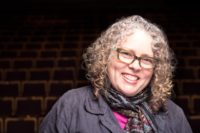
Jeanne LeSage, LeSage Arts Management, CHRL, MBA. Jeanne is an arts consultant with 28+ years’ experience in the sector across Canada and abroad. She is a Certified Human Resources Leader (CHRL), holds an MBA in Management Consulting, and runs LeSage Arts Management with a focus on strategic human resources, organizational development, facilitation, and strategy. Proudly starting her career as a stage manager – she now works with arts organizations to “Make Arts Work Better” through consulting, research, teaching, conference speaking, and more. www.lesagearts.com

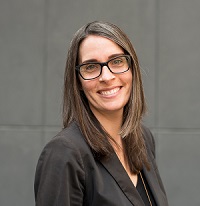
 With over 30 years of experience in the building industry, Randy Dalton is the President of The Dalton Company and is the principal in charge of delivering projects for arts organizations using the company’s Alternative Approach to Building. Randy has experience managing high profile and complex projects, which require attention to detail and a thorough understanding of the unique needs of both arts and non-profit organizations. He possesses a complete knowledge of site operations and the management expertise to ensure that performing arts projects are efficiently and effectively executed.
With over 30 years of experience in the building industry, Randy Dalton is the President of The Dalton Company and is the principal in charge of delivering projects for arts organizations using the company’s Alternative Approach to Building. Randy has experience managing high profile and complex projects, which require attention to detail and a thorough understanding of the unique needs of both arts and non-profit organizations. He possesses a complete knowledge of site operations and the management expertise to ensure that performing arts projects are efficiently and effectively executed.


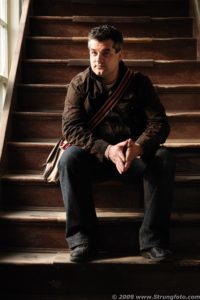 Jeremy Freiburger is the Chief Connector and Cultural Strategist of Cobalt Connects. Jeremy has been a leader in Hamilton’s creative community for over 15 years. His experience ranges from producing award-winning theatre and ballet with the RBC Festival of Classics and Canadian Ballet Youth Ensemble, to developing more than 200,000 square feet of studio facilities, to writing policy and plans for municipalities focused on creative sector development.
Jeremy Freiburger is the Chief Connector and Cultural Strategist of Cobalt Connects. Jeremy has been a leader in Hamilton’s creative community for over 15 years. His experience ranges from producing award-winning theatre and ballet with the RBC Festival of Classics and Canadian Ballet Youth Ensemble, to developing more than 200,000 square feet of studio facilities, to writing policy and plans for municipalities focused on creative sector development. Julia Vlad Julia leads the investment and portfolio management for the Community Forward Fund and the Canadian Co-operative Investment Fund. She has over ten years of experience in banking, finance and the non-profit sector. Her experience includes investing and portfolio management at the World Bank’s private sector arm, IFC, in Panama, Senegal and USA; advising social entrepreneurs at an accelerator in Nicaragua and financial analysis and forecasting at Scotiabank. She holds an MBA from HEC Paris, a Bachelor of Commerce from the University of Toronto and is a CFA charter holder
Julia Vlad Julia leads the investment and portfolio management for the Community Forward Fund and the Canadian Co-operative Investment Fund. She has over ten years of experience in banking, finance and the non-profit sector. Her experience includes investing and portfolio management at the World Bank’s private sector arm, IFC, in Panama, Senegal and USA; advising social entrepreneurs at an accelerator in Nicaragua and financial analysis and forecasting at Scotiabank. She holds an MBA from HEC Paris, a Bachelor of Commerce from the University of Toronto and is a CFA charter holder